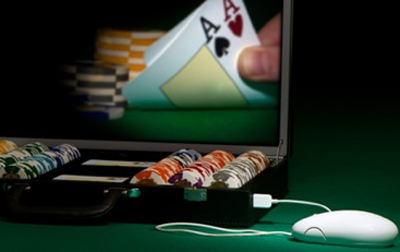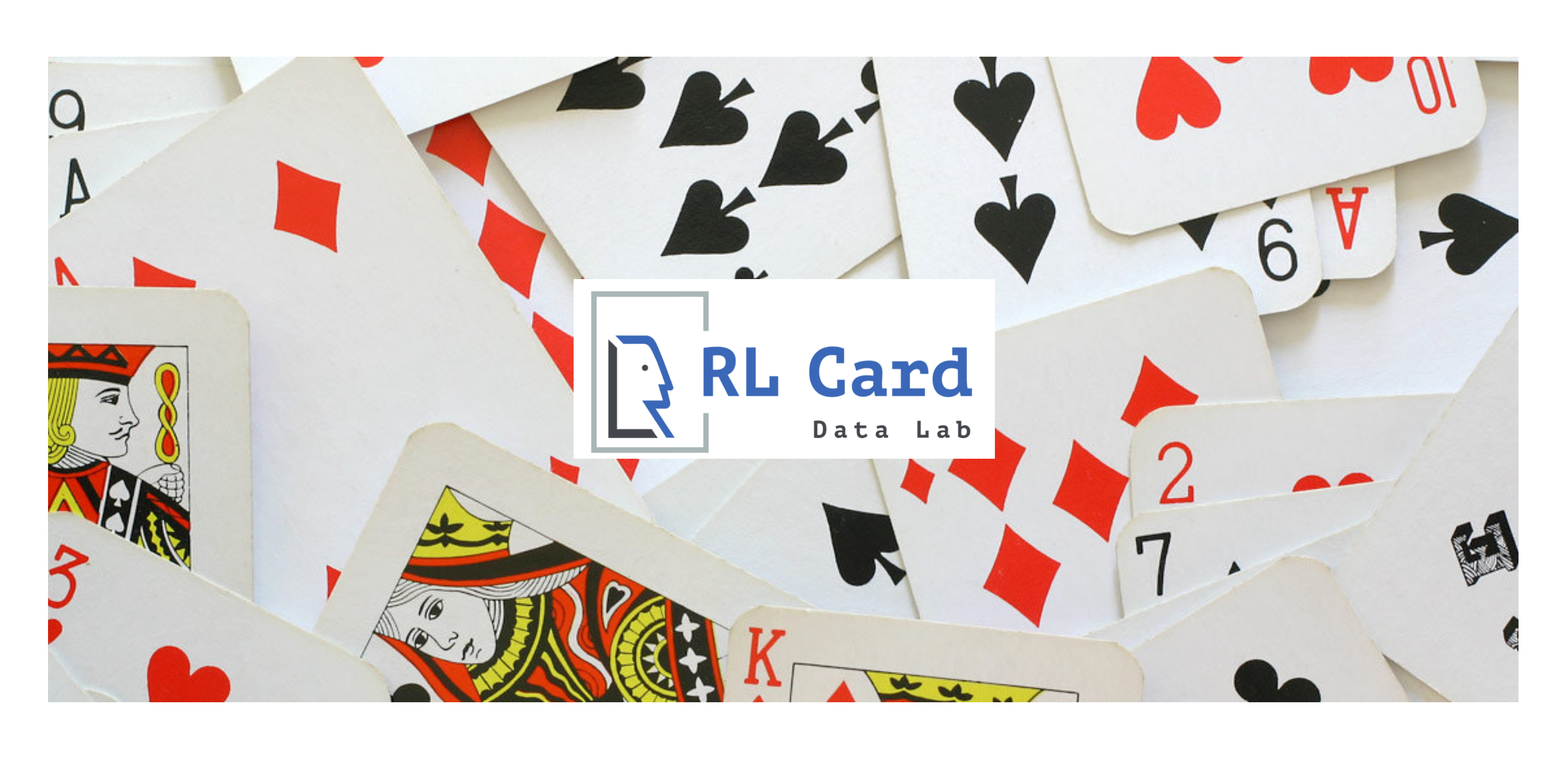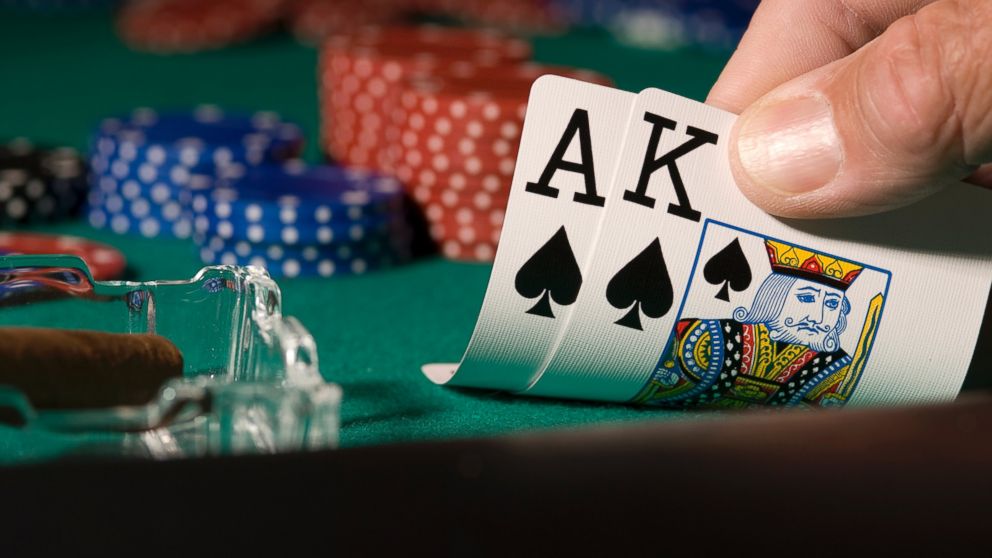Texas Holdem Poker University
Table Of Contents
- Texas Holdem Poker University Results
- Texas Holdem Poker University Rankings
- Texas Holdem Poker University Games
Looking for a professional course to play better poker but don't want to commit to any of the paid poker training sites people keep talking about?
Welcome to the home page of the University of Alberta Computer Poker Research Group. We are working on creating computer programs that play poker better than any human being, as a testbed for doing good science. A poker bot, designed by researchers from Facebook’s AI lab and Carnegie Mellon University, has bested some of the world’s top players in a series of games of six-person no-limit Texas Hold ‘em. Taught by Kevin Desmond, a graduate student in MIT's Sloan School of Management, Poker Theory and Analytics introduces 'students to poker strategy, psychology, and decision-making in eleven lectures.' Along with giving students the chance to play endless rounds of poker, the class-according to MIT News-featured guest speakers 'Bill Chen, a professional player best known for his appearances. Learn poker from the best in class. HD quality online video lessons on Texas Hold'em, PLO. Winning pro tips, webinar, hand reviews, quizzes.


The new free poker course released by Johns Hopkins University Professor Avi Rubin promises to help you do just that.
With almost 500 PowerPoint slides and hours of video lectures, the Jonhs Hopkins' Introduction to the Theory and Practice of Poker is an amazing new resource now available for free to everyone who wants to put some time into learning how to play poker.

The intersession course created by Computer Science Professor at Johns Hopkins University and Technical Director of the JHU Information Security Institute, Avi Rubin aims 'to take students from novices who may know nothing about poker to above-average players in two weeks.'
To reach his goal, Rubin teamed up with 2005 World Series of PokerMain Event runner up Steve Dannenmann.
What to Expect?
Throughout the course, Rubin uses detailed examples to discuss the optimal play of different poker hands and analyses how professional players handle a wide range of situations at the table.
The course focuses on Texas Hold'em poker 'with an emphasis on cash games.'
As the outline of the free poker course shows, Rubin's Introduction to the Theory and Practice of Poker is divided into fourteen parts, each dedicated to a separate aspect of the game.
Parts 1 - 4: the Basics
The first three sections of the poker course are a true introduction to the game. Here, beginners can learn about poker cash games, tournaments, and gameplay.
On the fourth part of the course, you find interesting insights on the psychological side of the game. Here is where the author shares insights on how to read people in poker and how to identify what type of players sit with you at the table.
Elements covered in parts 1 through 4, include:
Parts 5 - 6: the Math
In the introduction of this poker course, Professor Rubin explains that 'math, combinatorics, and game-theoretical aspects of poker' are all elements that will be covered extensively in his lectures — and these are the parts where he begins to do so.
Part 5 is where you get an introduction to poker maths and concepts like outs, hand probabilities, ranges, and Game Theory Optimal (GTO) play.
Elements covered in the parts 5 and 6, include:
Parts 7 - 11: the Play
Once the most important theoretical aspects of the game are covered, the course jumps right into the action with separate sections dedicated to pre-flop, post-flop, turn, and river play.
Here's where you learn basic concepts like the importance of position and the opening ranges connected to it. These parts cover also more advanced topics like how to respond to various flops and how to bluff on the turn.
Elements covered in parts 7 through 11, include:
Part 12: Tournament Poker
Despite the focus of this free poker course being on cash games, Professor Rubin dedicates one of the closing parts to tournament poker.
Albeit superficial, this part is a good introduction to tournament play. It briefly touches on elements like tournament structures, levels, and deals.
Elements covered in parts 12, include:
Parts 13 - 14: Conclusion
Texas Holdem Poker University Results
In the last two parts of the poker course, Rubin touches on other poker games to learn once you are done with Texas Hold'em.
The games included in module 13 are:
Before the closing remarks, the course discusses also useful (but slightly more advanced) elements like poker tells, HUDs, and poker bankroll management.

Texas Holdem Poker University Rankings
Free Poker Course Download
The poker course and all the videos are available for free. To download the Jonhs Hopkins' Introduction to the Theory and Practice of Poker, please visit this page.
Texas Holdem Poker University Games

WANT TO LEARN SOMETHING NEW? PLO Poker: A Beginner's Guide to Pot-Limit Omaha
Pocket52
Up to 300% bonus for first-time depositors
Offer: 'GUTSHOT52' - 10% Instant + 190% Locked + Free Ticket worth Rs.110 Register9stacks
Instant withdrawal; 100% locked bonus on first deposit
Offer: '9GUTSHOT RegisterPokerSaint
60-seconds withdrawal; 100% locked bonus on first deposit
Offer: 'GUT100' RegisterPoker Dangal
INR 500 Free on sign-up; (425 Locked, 75 Instant)
Offer: 150% on first deposit up to INR 5,000 RegisterSpartan Poker
Sign-up with 'GUTSHOT'
Offer: 'GUT300X' to get 300% on your deposit RegisterPoker Tempo
Rs. 50 Instant Bonus, Rs. 50 Locked Bonus, No code required!
Offer: 1 Ticket to 5000 GTD FREEROLL every Monday @ 7PM RegisterCalling Station
Instant withdrawal; Use “RELOAD20” on deposits for 20% locked bonus
Offer: 'GUTSHT' RegisterNatural8
Sign-up code 'GUTSHOT'
Offer: 200% bonus up to $1,000 or $100 in instant rewards RegisterBLITZPOKER
Sign-up with 'GSBLZ'
Offer: Make your 1st Deposit of INR 200 & GET 1000 in return! RegisterPokerStars India
Deposit Rs.500 and get First Deposit Bonus of Rs.2,500 + 5 tickets to Depositor Freerolls
Offer: 'IMIN2500' Register